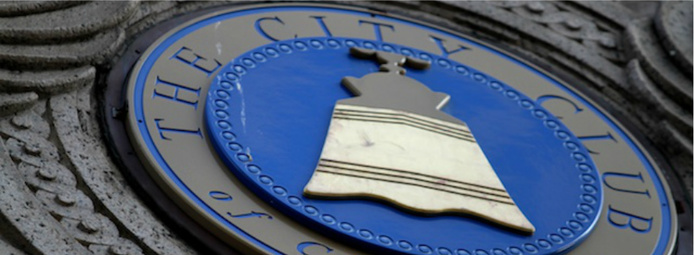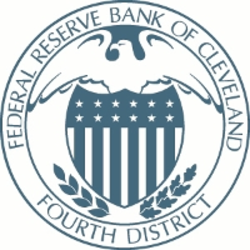Tuesday, June 14, 2016
#FreeSpeech in the News: June 14, 2016
As the Citadel of Free Speech here in Cleveland, we work to protect and promote the basis of our democracy by sharing related stories, commentary, and opinions on free speech in the 21st century. Here's what's making the news - and what you should know about - this week.
The Atlantic writes about the continued erosion of free speech on college campuses, blaming not only students for restrictions being imposed, but academic leaders as well. In this feature length piece, they argue that the outcry and restrictions imposed result from the politics of fear.
“Students want to be protected against slurs, epithets, and different opinions from their own—protected from challenges to their prior beliefs and presuppositions. They fear not being respected because of a status that they occupy. But that is not what college is about. While some educators and policymakers see college primarily as a place where students develop skills for high-demand jobs, the goal of a college education is for students to learn to think independently and skeptically and to learn how to make and defend their point of view. It is not to suppress ideas that they find opprobrious. Yet students are willing to trade off free expression for greater inclusion and the suppression of books or speech that offend—even if this means that many topics of importance to their development never are openly discussed.”
Moving from the academic to the business world, the bankruptcy of online blog Gawker this week has ramifications for free speech, Wired argues. Gawker’s style of online journalism is hardly new or at stake, but the precedent set by PayPal co-founder Peter Thiel, in which the Facebook investor paid for wrestler Hulk Hogan’s $10 million law suit to take down the company, means that we may see similar events happen to other media organizations.
“Now that Thiel has created a template for using money to bring an unruly press to heel, it’s likely to happen again. That presidential candidate (the one Thiel supports) has promised to “open up” libel laws to make suing the press easier. In the old days, billionaires might just buy their own outlets. But now, engaging the press not in argument but in a legal war of attrition is apparently no longer taboo. Don’t like what you hear? Don’t speak up, just shut it down. The Voxes and Buzzfeeds of the world, the New York Timesesand WIREDs, can’t afford to think that somehow Gawker is a special case. Neither propriety, nor idealism, nor barrel-sized ink purchases protect us from disgruntled oligarchs. Especially at a time when the finances of news organizations are so shaky, we all make easy targets for potentially lethal litigation. Bankruptcy isn’t just game over for Gawker. It’s shots fired at a free press.”
Speaking of an aforementioned presidential candidate, Donald Trump has made waves this week by choosing to revoke the press credentials of The Washington Post. Many, including Reuters, have mentioned in their coverage of the decision that is shows a certain disregard for free speech on the part of Mr. Trump. Washington Post owner Jeff Bezos agreed, saying in a statement that Donald Trump's "decision to revoke The Washington Post's press credentials is nothing less than a repudiation of the role of a free and independent press."
Political newspaper The Hill brings up similar concerns about Trump and the freepress this week, citing the presumptive nominee’s tendency to sue individuals for libel. Take the example of reporter Timothy O’Brien, who wrote in his book TrumpNation that a libel case was brought against him to “make his life miserable," which Trump said he was "happy about." The Hill urges Congress to act to make such libel suits illegal in order to protect free speech.






